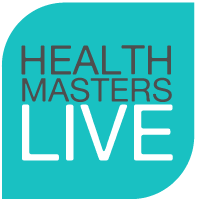This presentation explores the considerable value of new, wearable technology and AI and how real-time data can lead to significant improvements in patient motivation, clinical assessment and patient outcomes.
Wearable technologies offer many valuable insight into your patient’s health. Having real-time data is vastly superior to the one-time snap-shots that we have had to rely on.
Wearables can link your patient’s physiology to specific actions, foods, times of the day, phase of sleep and many others. This level of insight changes the patient relationship, your patient’s motivation and the level of care you can provide.
Dr. Lara Zakaria has been using and researching wearable technologies for some time and will outline her findings and patient experiences in this very valuable discussion.
The technologies Lara is discussing include; continuous glucose monitoring, activity and fitness tracking, body composition scales, cardiovascular scores, hormone tracking, and sleep and recovery patterns. These tools provide real-time insights into patient behaviour and physiology, enabling you to synthesise large amounts of data into clinically-relevant insights, prioritise interventions, and track outcomes accurately.
Research demonstrates that wearables improve adherence to dietary and lifestyle interventions, particularly when combined with targeted coaching and individualised care plans. We’ll highlight how monitoring of metabolic responses drives sustained behaviour change, improved glycaemic control, and enhanced patient-reported outcomes.
Categories of Technology Covered
- Wearables: activity, sleep, HR/HRV, SpO2
- At-home sleep study devices
- Continuous glucose monitors (CGMs)
- Metabolic analysers
- Smart scales (body composition)
- Blood pressure and heart monitors
- Hormone and fertility monitors
